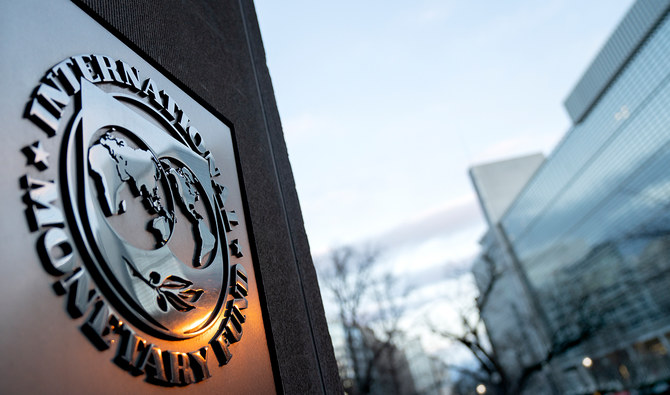On Wednesday, July 12, the executive board of the International Monetary Fund (IMF) conducted a crucial vote to determine the approval of a short-term loan program worth $3 billion for Pakistan. This decision followed the initial approval the South Asian nation received last month for a nine-month arrangement, which alleviated concerns of a sovereign default and resulted in a rally of the nation’s dollar bonds.
Positive Indicators for Funding Environment
Since the preliminary agreement, Pakistan’s funding environment has shown signs of improvement. Fitch Ratings Inc. recently upgraded Pakistan by one notch to a CCC long-term foreign currency issuer rating. Moreover, the country’s finance minister confirmed that Saudi Arabia had deposited $2 billion into Pakistan’s central bank, boosting investor confidence.
Silence from Government and IMF
Prime Minister Shehbaz Sharif’s government declined to provide comments on the matter, directing inquiries to the IMF. However, the multilateral lender’s local mission did not respond to the requests for clarification. This lack of communication stirred speculation among analysts and investors, leading to discussions about potential additional requirements from the IMF and the consequent delay in the loan program.
Economic Crisis Prompts Urgency
With general elections scheduled for October, the Pakistani government has been grappling with an ongoing economic crisis and has intensified efforts to meet the IMF’s demands. These measures include raising taxes, increasing energy prices, and implementing spending cuts. The approval of the IMF loan is of utmost importance for Pakistan, as it must manage over $23 billion in external debt payments for the new fiscal year, an amount exceeding its foreign-exchange reserves by more than six times.
Pakistan, after experiencing delays in delivering reforms and obtaining creditor consensus amid a political crisis, has become the last of three South Asian countries to secure IMF funding. Nonetheless, the nation’s stock index has emerged as one of the top performers globally in July, and its dollar bonds have surged approximately 27% over the past month. As the funding environment improves and the loan program receives approval, Pakistan aims to address its economic challenges and stabilize its financial situation.















